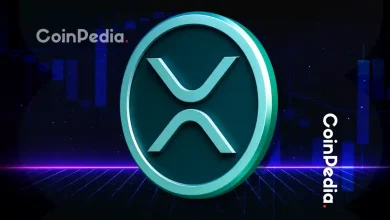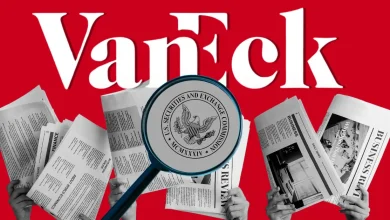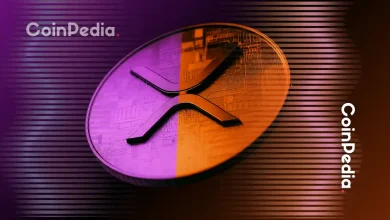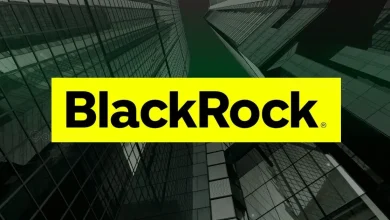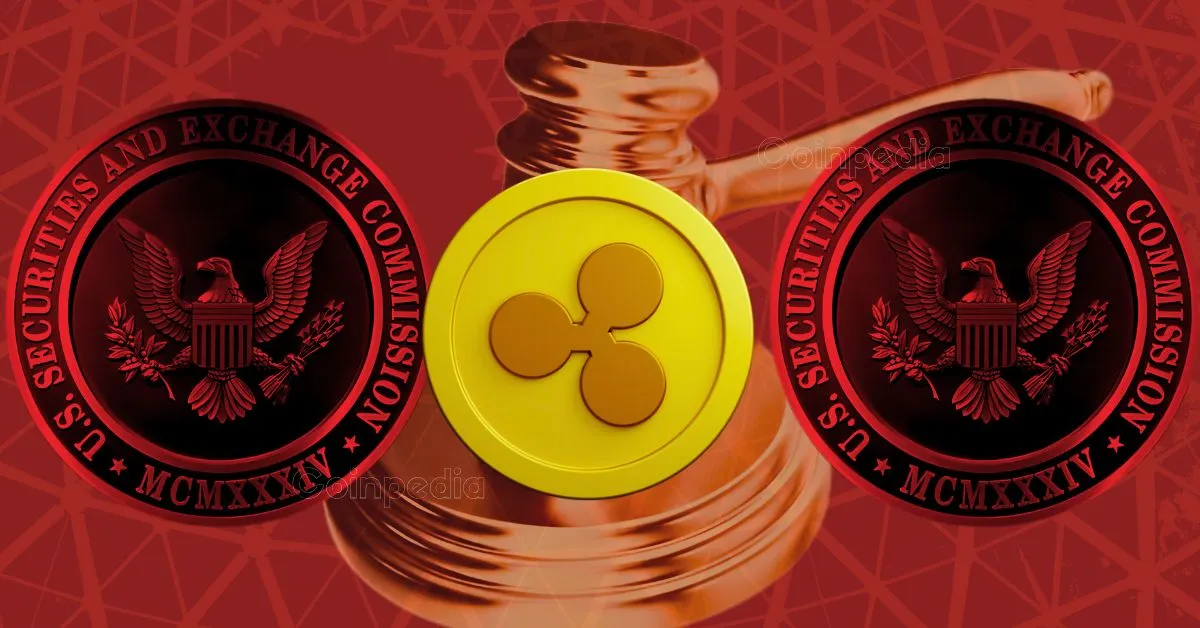
SEC Chair Paul Atkins champions crypto self-custody as a "foundational American value," breaking from past hostility and criticizing prior actions hindering innovation.
SEC's evolving stance renews Ripple debate. Community hopes for case conclusion as June 16 deadline nears, despite past official's stance on law violation.
SEC Chair Paul Atkins recently opened up about the agency’s crypto stance on self-custody. Speaking at the SEC’s final Crypto Task Force Roundtable titled “DeFi and the American Spirit,” Atkins implied a more open stance, marking a clear break from the agency’s previous hostile approach.
Crypto’s Tide Turning?
“The right to have self-custody of one’s private property is a foundational American value that should not disappear when one logs onto the internet,” Atkins said. “I am in favor of affording greater flexibility to market participants to self-custody crypto assets, especially where intermediation imposes unnecessary transaction costs or restricts the ability to engage in staking and other on-chain activities,” he added.
Atkins also said that the previous administration hurt crypto innovation, especially for self-custodial wallets. They treated the people making the software like financial brokers, which stopped new tech from evolving.
Old case sparks new questions-
The X users strongly backed the idea and noted that the tide is now turning in favor of crypto. On the other side, this change in tone has reignited a debate around past regulatory actions, especially Ripple’s long-running battle with the SEC over XRP.
One of the users questioned, “What about the right of Ripple to be free of the SEC’s unethical hold on its company in a timely manner?”. In response, former SEC official Marc Fagel clarified that Ripple is not being unfairly targeted.
He says they broke the law with an illegal securities offering, which resulted in a $125 million penalty and an order to prevent future violations. He added further that if Ripple wants to challenge these outcomes, it would need to go back to court.
Is The SEC Evolving?
This came as a pushback to those who believe that Ripple is still being unfairly restricted despite the SEC’s evolving stance. The SEC vs. Ripple case is not yet fully concluded, but it is very close.
June 16 is the deadline for the SEC to file a status report to the Second Circuit on the settlement’s progress. All eyes are now on Judge Torres and the Second Circuit. Once the court grants approval to remand the case, the final judgment can be issued, lifting the injunction and formally ending the case.
Atkins’ comments come at a time when Congress debates crypto bills, with some potentially restricting self-custody. The SEC Chair’s strong stance on personal crypto wallets could make it harder for lawmakers to completely ban them. “We should not automatically fear the future,” he said.
Never Miss a Beat in the Crypto World!
Stay ahead with breaking news, expert analysis, and real-time updates on the latest trends in Bitcoin, altcoins, DeFi, NFTs, and more.
FAQs
He plans to grant market participants more freedom to hold and stake assets without unnecessary intermediation.
His pro-self-custody tone may steer Congress away from banning personal wallets and toward innovation.
Though more open, he noted Ripple’s past offering breach; final verdict hinges on the June 16 court status report.
Trust with CoinPedia:
CoinPedia has been delivering accurate and timely cryptocurrency and blockchain updates since 2017. All content is created by our expert panel of analysts and journalists, following strict Editorial Guidelines based on E-E-A-T (Experience, Expertise, Authoritativeness, Trustworthiness). Every article is fact-checked against reputable sources to ensure accuracy, transparency, and reliability. Our review policy guarantees unbiased evaluations when recommending exchanges, platforms, or tools. We strive to provide timely updates about everything crypto & blockchain, right from startups to industry majors.
Investment Disclaimer:
All opinions and insights shared represent the author's own views on current market conditions. Please do your own research before making investment decisions. Neither the writer nor the publication assumes responsibility for your financial choices.
Sponsored and Advertisements:
Sponsored content and affiliate links may appear on our site. Advertisements are marked clearly, and our editorial content remains entirely independent from our ad partners.

